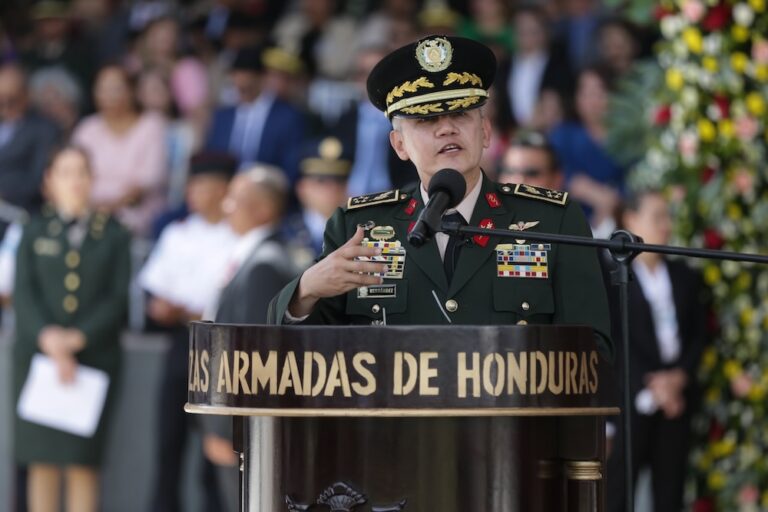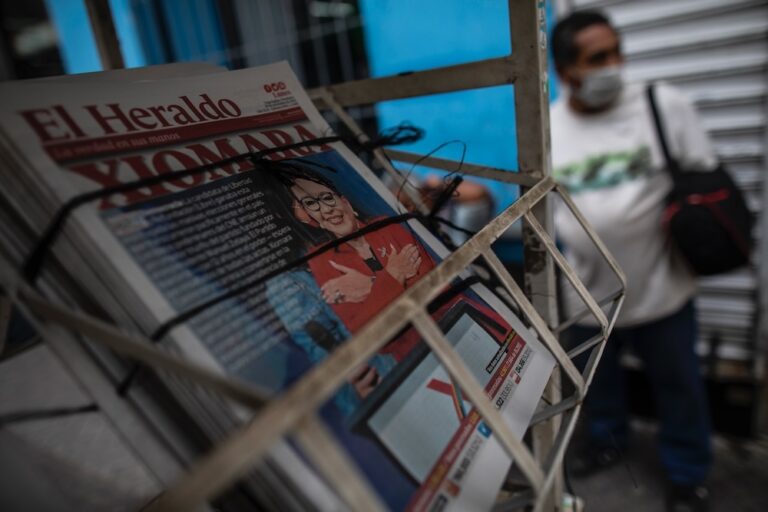Journalist José Noel Canales Lagos was killed on his way to work for the online newspaper hondudiario.com; his murder brings the total number of journalists killed in Honduras in the past decade to 30.
José Noel Canales Lagos, a 34-year-old employee of the online newspaper hondudiario.com, was found dead in his pick-up truck on 10 August 2012. Canales was studying journalism at the National Autonomous University of Honduras (UNAH) and for 12 years had worked for Seproc news, a company dedicated to monitoring national news, reported local press freedom group Comité por la Libre Expresión (C-Libre). Canales had been driving to work when he was shot at by individuals in a taxi, said Reporters Without Borders (RSF).
Although the motive for Canales’ murder is unknown, Freedom House has called on the Honduran authorities to complete a thorough investigation of the crime and “to not rule out that the killing might be linked to his journalistic work”.
C-Libre also noted that hondudiario.com and its employees have been receiving threats since 2009, including one incident involving gunfire at the outlet’s office.
This latest murder, which brings the total number of journalists killed in Honduras in the past decade to 30, took place while the UN special rapporteur for freedom of expression, Frank La Rue, was visiting the country between 7 and 14 August, reports RSF.
On 9 August, the day before Canales was killed, the government announced plans for the creation of a special body tasked with protecting journalists and investigating the many murders of media workers that continue to go unsolved. This announcement came during the Security, Protection and Solidarity for Freedom of Expression Conference organized by the Inter American Press Association (IAPA) and the Association of News Media of Honduras, in Tegucigalpa. At the meeting, President Porfirio Lobo made a commitment to reforms for investigating crimes against journalists and to using special tribunals to prosecute those behind these crimes, said IAPA.
According to RSF, the plan refers to Colombia’s National Unit for the Protection of Journalists, but the organization says they are also “inevitably reminded” of Mexico’s Special Prosecutor’s Office for Crimes against Freedom of Expression which “fell very far short of producing the desired results”.


